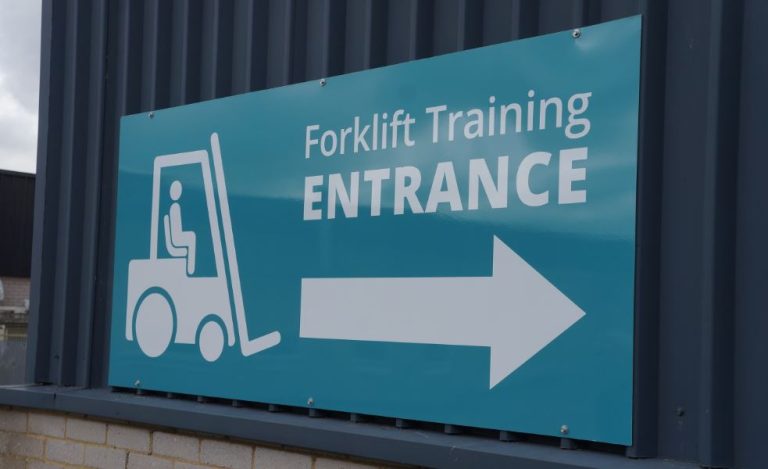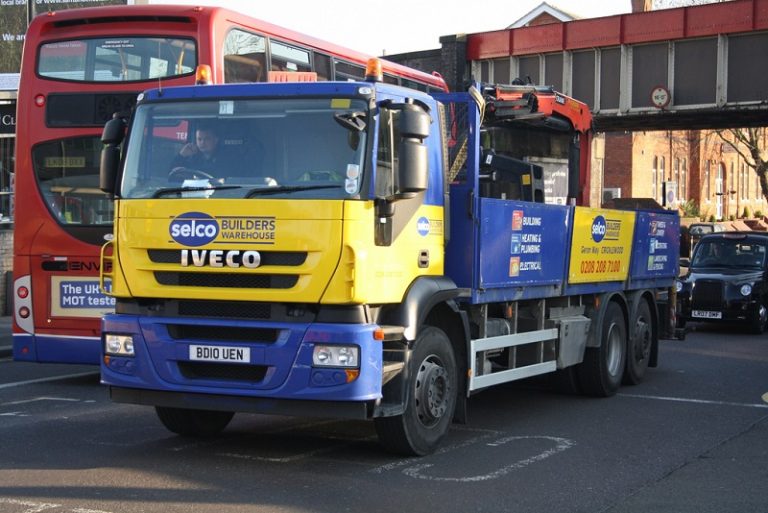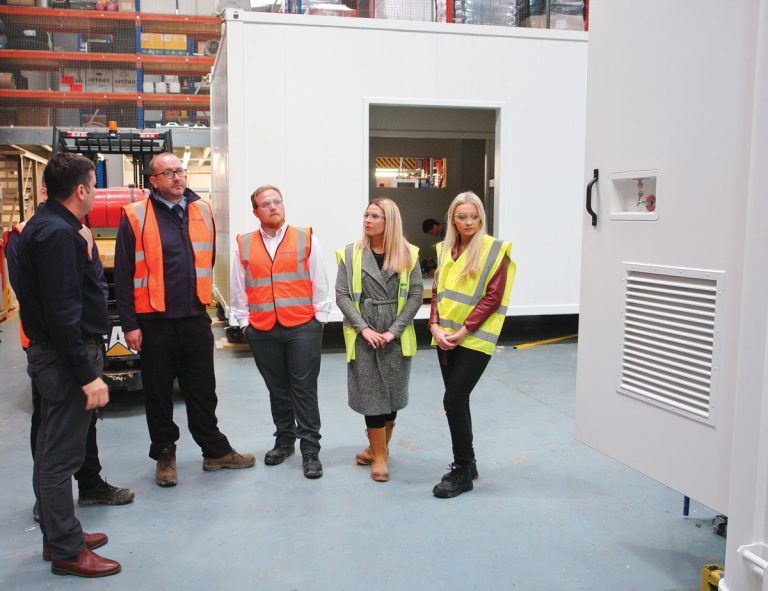For the first time, UK construction workers seeking to obtain the Construction Skills Certification Scheme (CSCS) Labourer card will now be able to complete a course online. Operated by COSAC, the work-focussed training academy based in Runcorn, Safe2Site is the first online course approved by CSCS as a route to the Labourer Card. The Labourer card was introduced to help site managers verify that people working in Labouring occupations have achieved the RQF Level 1 (Level 4 in Scotland) Award in Health and Safety in a Construction Environment, or an approved alternative course, such as Safe2Site. In a move that aims to revolutionise the way that construction health and safety courses are delivered, those seeking the CSCS Labourer card will be able to take the Safe2Site course at a place and time that suits them – using a computer or laptop. CSCS cards provide proof that individuals working on construction sites have the required training and qualifications for the type of work they carry out. By ensuring workers hold the appropriate qualifications and training, the CSCS card plays its part in improving standards and safety of UK construction sites. Although not a legislative requirement, most contractors and major house builders require construction workers to hold a valid CSCS card before permitting them on their site. Last year alone, there were approximately 140,000 green Labourer cards issued. Andy Mason, managing director of COSAC, said: “We’re delighted to be able to offer this new, more convenient method of gaining the CSCS Labourer card. “One of the main challenges currently being faced in the construction industry is getting workers qualified to the required standards for their occupation. However, our Safe2Site course allows Labourers to study in short, interactive bursts which maximises knowledge retention and helps them get the necessary skills to obtain the CSCS Labourer card. “In addition, this new initiative will also deliver many benefits for the wider company that the individuals work for, saving both time and money as staff will have less time off-site. “In line with Theresa May’s bid to prioritise house building in the UK, the need for fully trained construction workers has never been more pertinent. We are committed to providing new, innovative and convenient training options to help even more workers get the safety training they need.” Using the power of remote invigilation technology, the online course allows a course supervisor the ability to monitor candidates as they take part in the exam using audio, video and remote screen share tools. CSCS scheme manager, Angeleen Hill, added: “Ensuring the integrity of the examination process is absolutely paramount to CSCS and we work closely with our partners in the industry to tackle fraudulent behaviour “I am pleased to confirm that Safe2Site is the first course to adhere to CSCS’s strict e-assessment policy. COSAC has demonstrated that learners can sit their exam online while being monitored in real-time by TestReach supervisors, who fully maintain the security of the exam process. This is the first time a course has met all the Regulatory Principles contained within CSCS’s e-assessment policy.” COSAC delivers courses in a range of specialities, including one to five-day classroom programmes and online self-study courses for the construction, retail and utilities industries. Find out more about COSAC at www.cosac.co.uk














